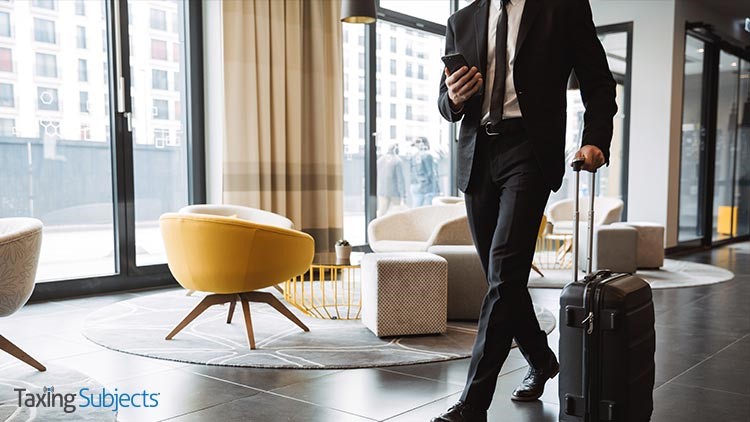
The Internal Revenue Service yesterday published a release outlining tax-relief measures that the agency is taking for individuals and businesses whose tax residency could be affected by coronavirus-related travel restrictions. This announcement is the agency’s latest effort to provide clarity on tax policy during the COVID-19 crisis.
How does Rev. Proc. 2020-20 affect the section 7701(b)(3) “substantial presence test?”
Individuals who are kept in the country for “up to 60 consecutive calendar days” as a result of COVID-19 travel restrictions will not have that time “counted for purposes of determining U.S. tax residency and for purposes of determining whether an individual qualifies for tax treaty benefits for income from personal services performed in the United States.”
How does Rev. Proc. 2020-27 affect section 911(d)(1) eligibility?
Those trying to exclude foreign-earned income from gross are also granted a grace period. Specifically, “exclusions … under I.R.C. section 911 will not be impacted as a result of days spent away from a foreign country due to the COVID-19 emergency based on certain departure dates [and locations]:”
- December 1, 2019 – July 15, 2020 for those coming from most regions of China (Hong Kong and Macau are excluded)
- February 1, 2020 – July 15, 2020 for those coming from any other foreign country
The IRS notes that they could extend this relief period, so affected individuals should continue to monitor IRS releases alongside other COVID-19 announcements.
How does this tax relief affect U.S. trade or business and U.S. permanent establishment determinations?
Finally, the IRS says that the FAQ “provides that certain U.S. business activities conducted by a nonresident alien or foreign corporation will not be counted for up to 60 consecutive calendar days in determining whether the individual or entity is engaged in a U.S. trade or business or has a U.S. permanent establishment.” According to the release, this guidance only applies if they worked in the U.S. because travel restrictions kept them from leaving the country.
For more information, read the source documents on IRS.gov:
Source: IR-2020-77
